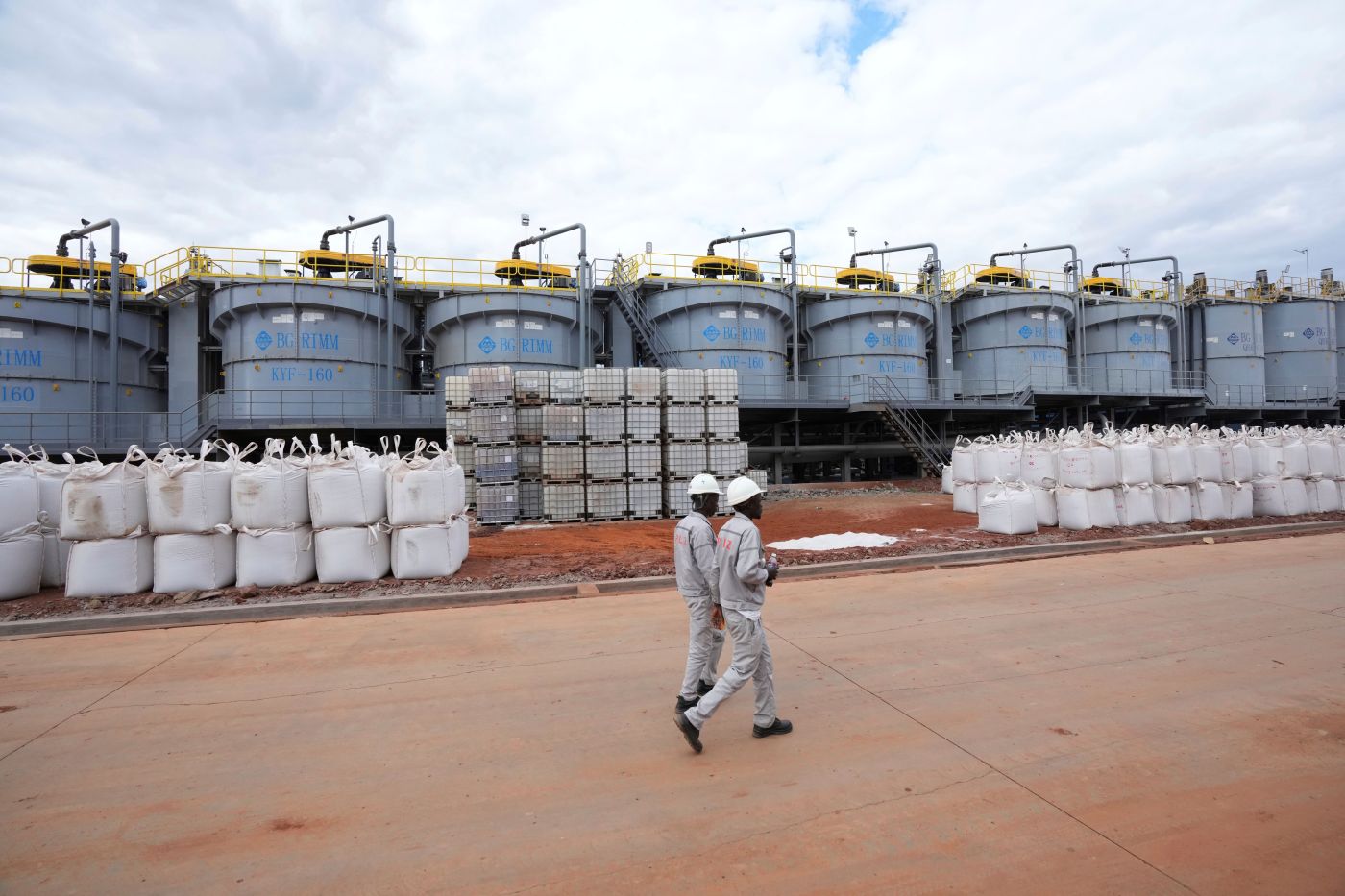
Adams: China is exploiting our minerals weakness
For years, savvy policymakers have called America’s alarming mineral import reliance our Achilles’ heel. Now, China has zeroed in on it.
As the U.S. outsourced its supply chains – and much of our industrial base – over the past few decades, our alarming dependence on overseas mineral production has reached catastrophic depths. The U.S. is now import-reliant on 51 minerals essential to nearly every dimension of our economy, energy future, and national security. China is the leading supplier of a stunning 26.
Our astonishing minerals weakness has quickly become China’s strength. China already dominates mineral supply chains, particularly metals essential to the energy transition, which is already driving soaring mineral demand.
We have provided China with geopolitical leverage on a silver platter. And as competition with Beijing has escalated to trade confrontation over intellectual property and control over critical industries – such as semiconductor production – China has unsurprisingly reached for the minerals’ lever.
This summer, Beijing decided to limit exports of two rare metals essential to semiconductors, missile systems, and even solar cells. Now, Beijing has decided to impose export restrictions on graphite, which is critical to producing lithium-ion batteries used for electric vehicles. Meanwhile, the U.S. has zero domestic graphite production.
The theoretical is now an alarming reality, and I’m deeply concerned the U.S. still isn’t ready to address the challenge with the urgency it requires. We have made pitifully little progress in diversifying our mineral supply chains and preparing for the tsunami of mineral demand we know is coming.
While key members of the Biden administration largely say the right things about the danger posed by our minerals’ weakness, a coherent minerals policy remains notably missing.
The administration has taken steps to ramp up our global engagement to build mineral partnerships and seeks to fund mining overseas, but we have yet to ramp up domestic mineral production.
While our mineral import reliance has reached record levels, it is not for lack of domestic minerals. The U.S. has vast mineral resources – everything from rare earths to lithium, nickel, graphite, and copper – however, what we lack is the policy commitment to turn those resources into the production we need.
New domestic mines are not being permitted. In fact, the administration seems uncomfortable putting its weight behind even endorsing a domestic mining renaissance.
The centerpiece of our minerals’ strategy should be ramping up domestic production and processing, providing support to de-risk projects, and working feverishly to reduce self-imposed bureaucratic barriers standing in the way of new mining investment. There is not a minute to lose to build the secure mineral supply chains our energy future, economic competitiveness, and national security demand.
John Adams, U.S. Army Brigadier General (Retired), is president of Guardian Six Consulting and a former Deputy U.S. Military Representative to NATO’s Military Committee/InsideSources


